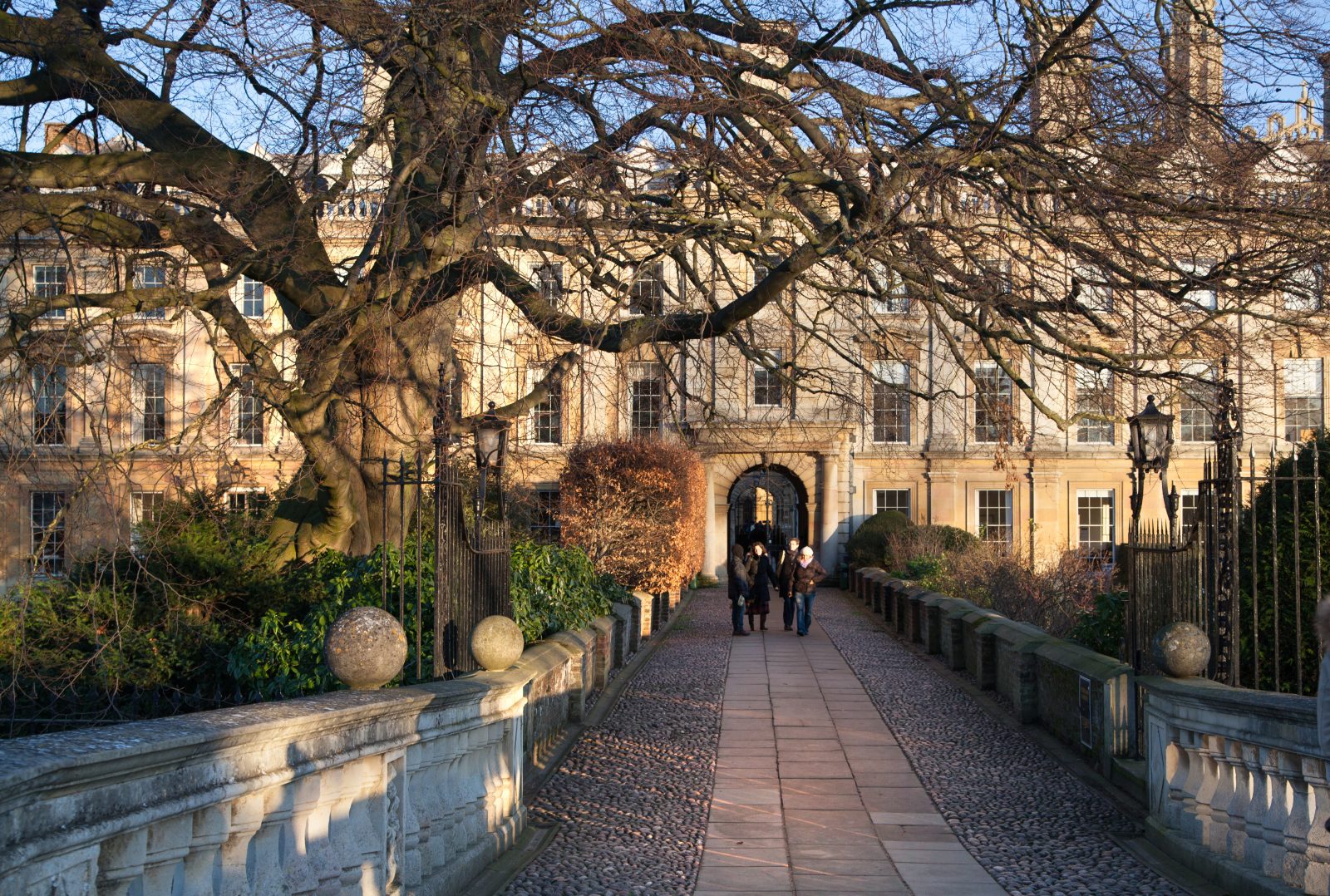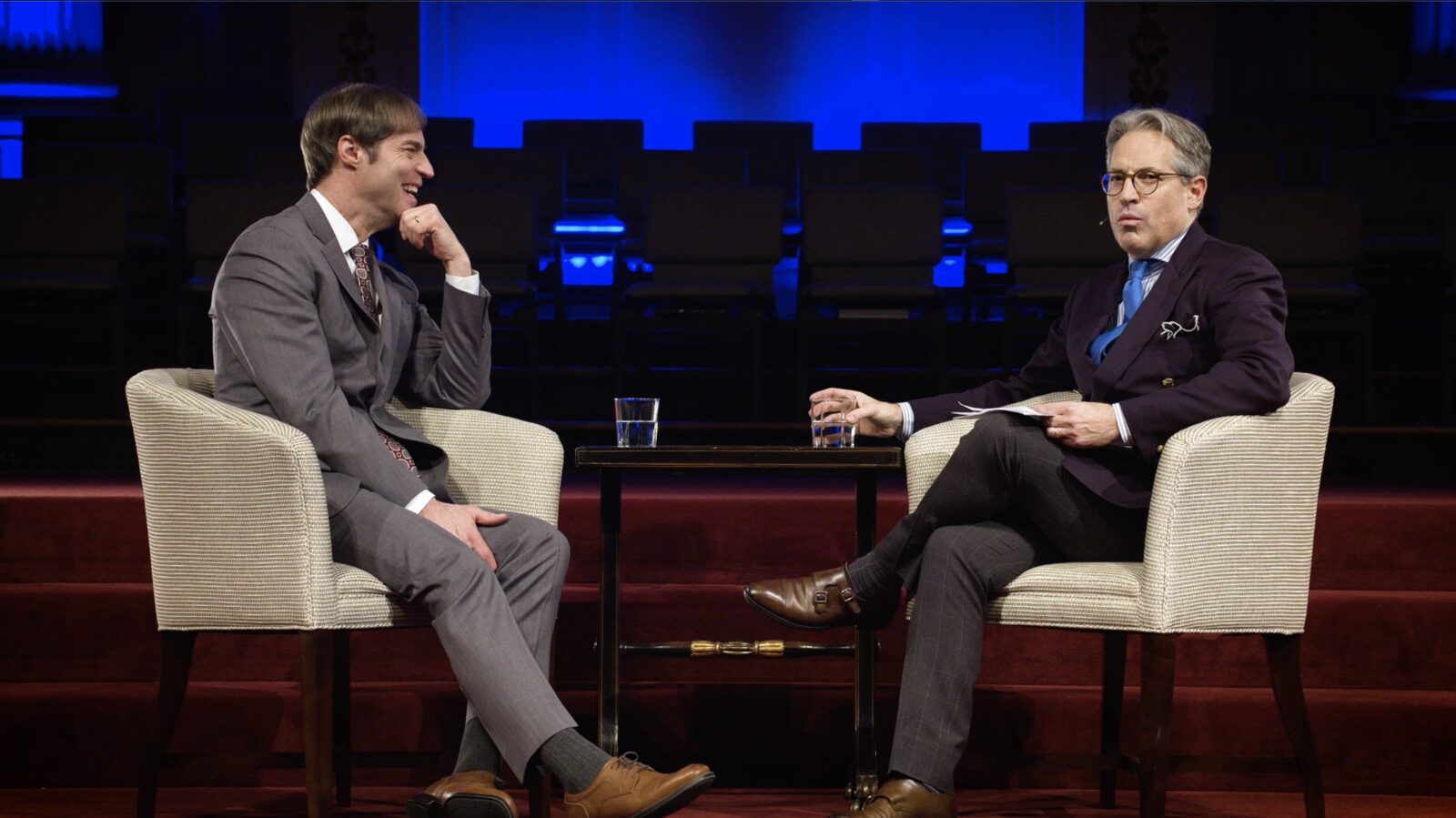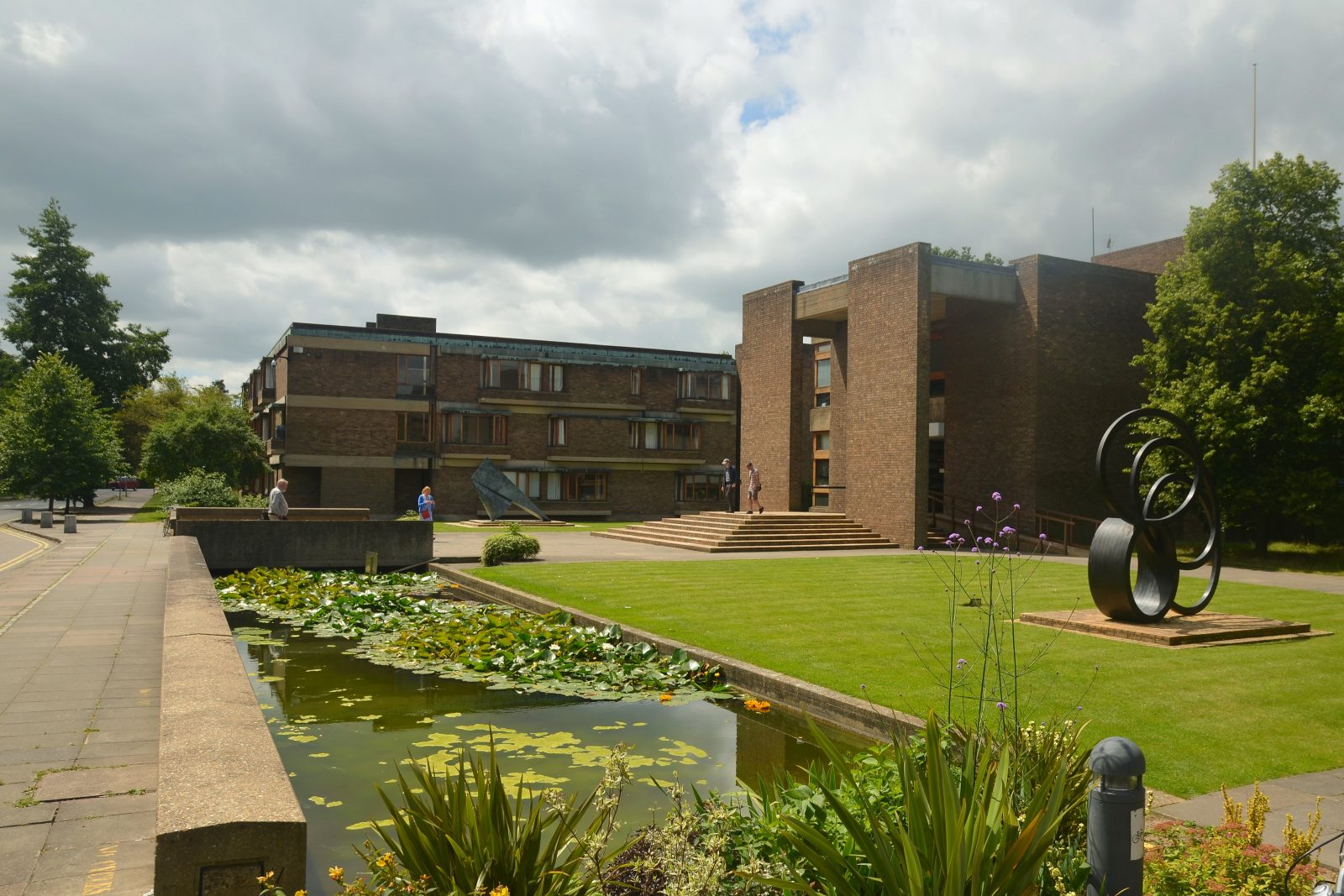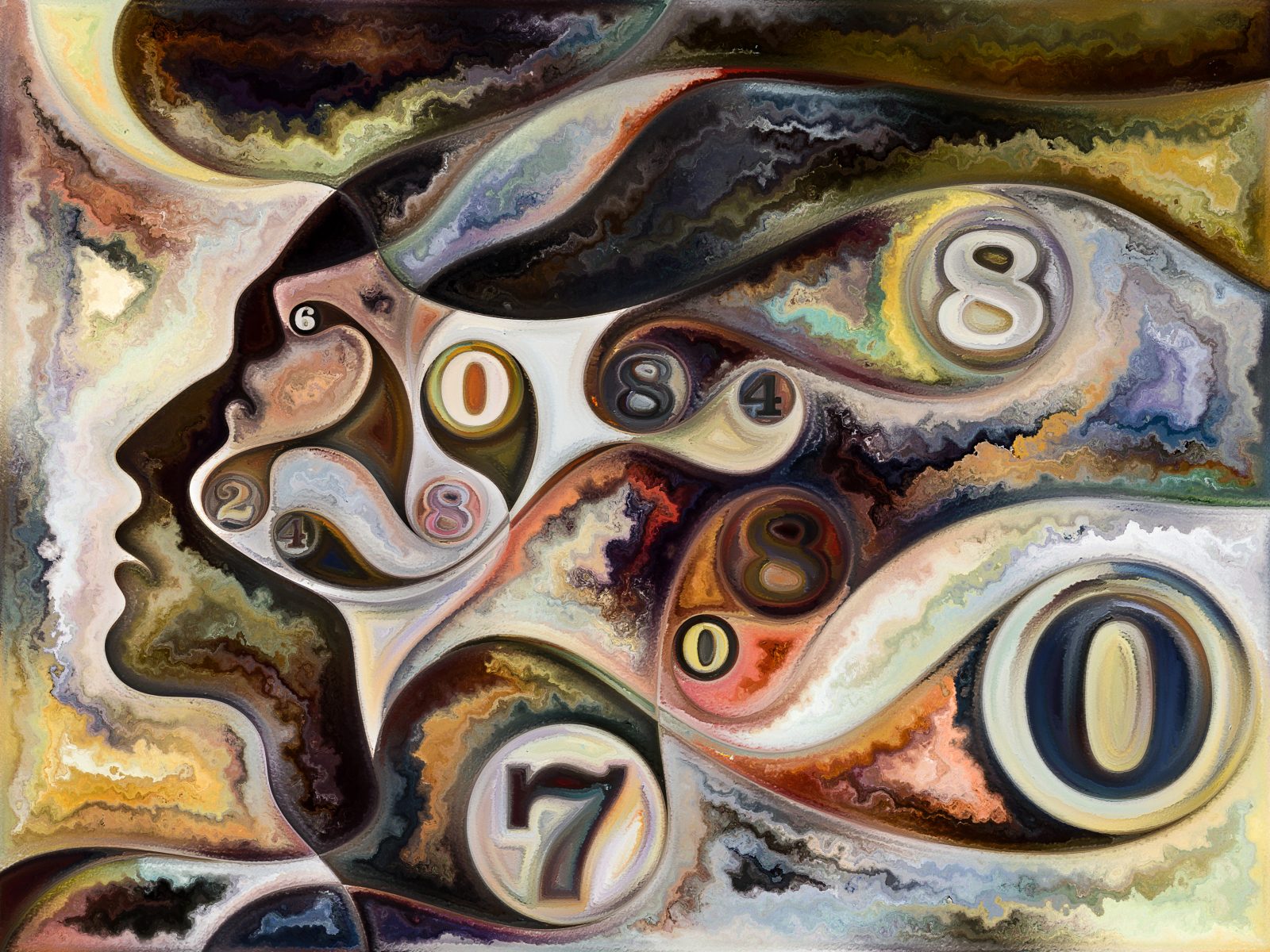
Physicist Eric Hedin: Cosmology Points to Cosmic Design
On this ID the Future host Eric Anderson continues his conversation with physicist and Canceled Science author Eric Hedin. Here Hedin argues that the dogmatic rule that natural science should only ever invoke natural causes has at its heart a logical problem. He and Anderson also review some startling cases of fine-tuning for life and why a “theory of everything” would not solve the fine-tuning problem for atheists but merely move it back to the theory of everything itself. Also in today’s conversation, a highly accessible flyover of how scientists came to realize that the universe wasn’t eternal but had had a beginning. Hedin also tackles a theological poser: If the universe was designed for life, why did the designer wait nine billion plus years to create the first life? It’s all material explored in Hedin’s new book, Canceled Science: What Some Atheists Don’t Want You to See, available at Amazon, Barnes & Noble and other online booksellers.








